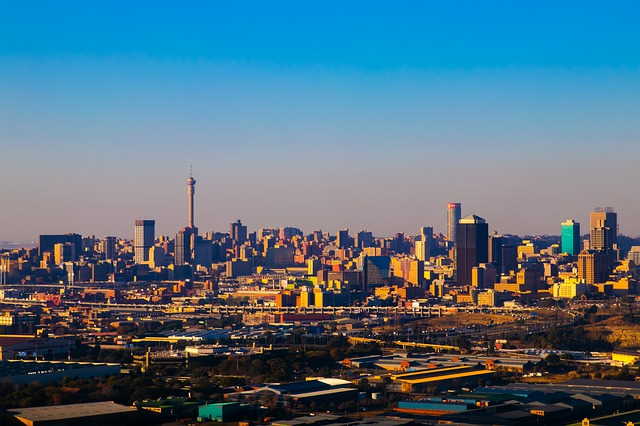The proposed council tariff increases facilitated by the City of Johannesburg highlights a complete and utter disregard of the harsh reality faced by inner-city and greater Johannesburg residents during one of the gravest economic downturns in recent memory. This is only set to be worsened by the unjustifiable and exorbitant increases in utility charges – electricity, rates, refuse, water and sewer.
The Johannesburg Property Owners & Managers Association (JPOMA) believes that the needs of vulnerable communities residing within high-density residential properties in the inner city and surrounding areas are being blatantly ignored. “Our organisation represents families living in self-contained and communal affordable housing, with a total monthly income that falls between R4 500 and R15 000, and the proposed increases will severely negatively impact these residents’ lives, as well as acting as significant anti-investment” says JPOMA General Manager, Angela Rivers.
Even before the onset of the COVID-19 pandemic, the economy was in sharp decline, resulting in increased unemployment and high levels of poverty. This was particularly evident in the poor and vulnerable communities, which fall outside of the City’s Expanded Social Package. Now, after the ravaging effects of the pandemic, at least another one million permanent jobs have been lost in the country, with South Africa predicted to recover from this economic crisis only by 2024 at the earliest.
In 2021, approximately 24% of tenants’ living expenses are made up of council charges and up to 40% of rental flowing to operating costs. As it stands, the proposed 2021/2022 tariff increases are all significantly above the average inflation rate, currently sitting at 3.88%. Water and sewer charges are going up by an average of 6.7%, waste charges by 4.3% and electricity charges by up to four times more than inflation. Shockingly, these numbers don’t even tell the full story of these astronomical increases throughout the years.
From 2008 to 2021, water charges have increased by 288%, sewer charges by 267% and electricity charges by 394%. This means that total council charges over 13 years have increased by a whopping 329%, while the average household income has only increased by 119% in that period. While the tariffs have drastically increased, service delivery and basic maintenance have deteriorated across the city, due to inadequacies, inefficient processes and mismanagement of funds accrued by the municipality.
These latest proposed increases will devastate the quality of life for those already living in disadvantaged conditions in terms of financial instability, the elderly, the disabled and people affected by comorbidities. This is evidenced in poor high-density communities, specifically in the Johannesburg CBD and immediate surrounds.
The tariff increases compounded with the already fragile economic state of the country adds insult to injury to those already struggling within their means. Not only do residents and tenants suffer but investors and landlords are also feeling the burden of not being able to find viable tenants to take up leases. This goes on to affect investment in the city, ultimately being a death knell in any possible economic recovery.
“JPOMA is committed to tangible progress of Johannesburg as both an investment opportunity and a home for all its residents. We believe progress comes with great responsibility; this responsibility being our duty to ensure the communities within the inner city and its surroundings are provided with safe, secure, clean and affordable accommodation. We use our voice and platform to support the vulnerable communities who are most often overlooked and taken advantage of due to financial burdens,” concludes Rivers.
JPOMA calls on the City of Johannesburg to revisit its intended tariff increase and to consider the devastating and irreparable effect that it will have on the city and its community if it proceeds with its tabled proposal.
.












